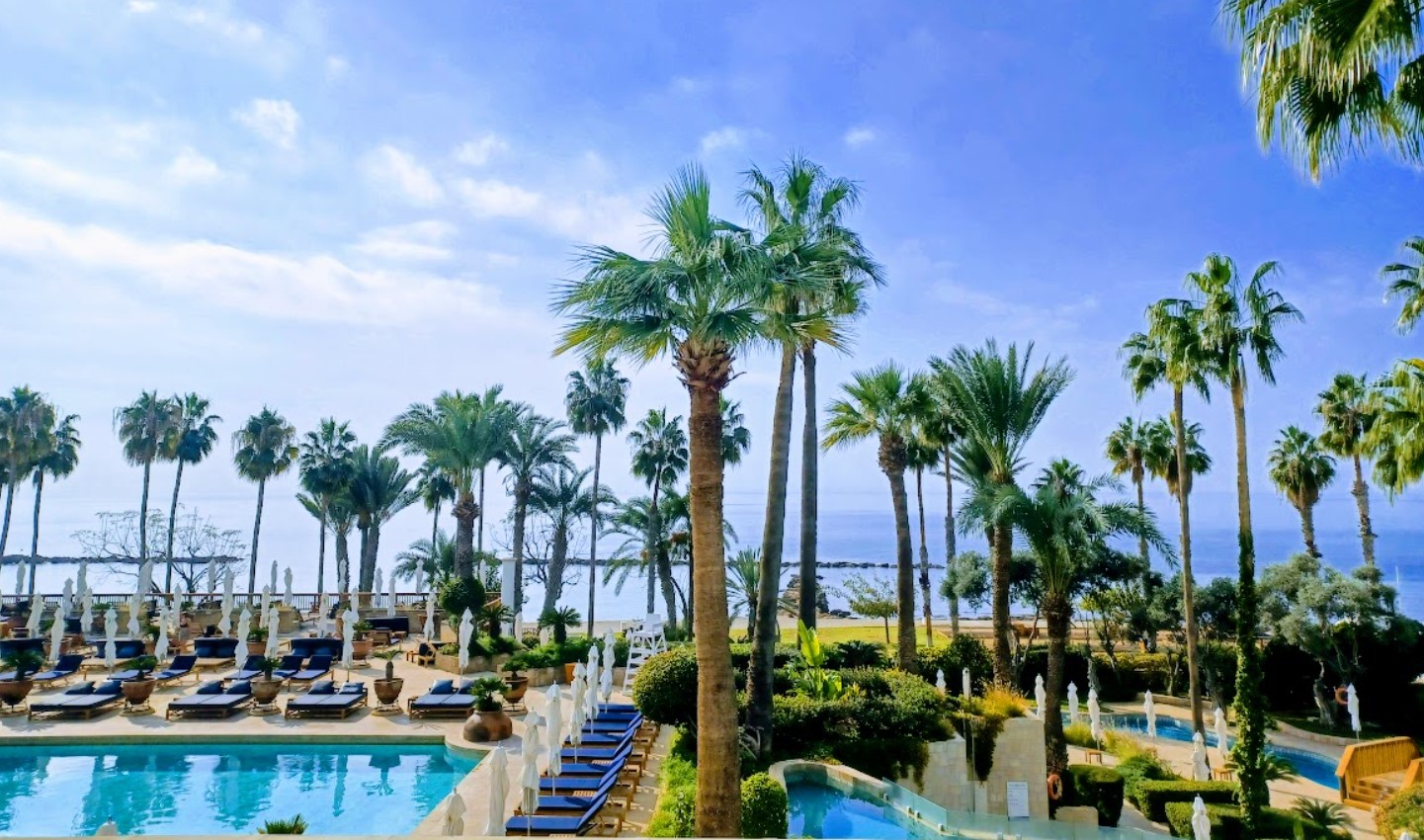Cyprus leisure centres enjoyed strong business during the August 15 holiday, but industry leaders warned that all-inclusive packages and the rapid growth of Airbnb rentals are putting increasing pressure on restaurants, bars and other venues.
Fanos Leventis, general secretary of the Cyprus association of hospitality venues (Pasika), and president of the association of hospitality sector owners (Osika) Neophytos Thrasyvoulou, outlined this year’s summer traffic in leisure centres, while also pointing to new trends and challenges for the sector, as noted by InBusinessNews.
Leventis said that the overall picture this summer was encouraging, with Cypriots once again visiting the coastal areas of Famagusta, Paphos and Larnaca, despite roadworks that caused inconvenience in the Finikoudes area.
Mountain resorts, he added, had initially recorded weak numbers, partly due to Cypriots travelling abroad and the wildfires.
However, traffic surged during the August 15 holiday period in resorts such as Platres and Kakopetria, and remained strong afterwards.
“Our sector has always relied on locals, who is always a lifeline for several businesses,” he noted.
On new trends, Leventis pointed to the growing impact of all-inclusive packages, which “largely exclude visits to leisure centres.”
He explained that guests at such hotels often spend their entire holiday inside the resort, since meals and entertainment are included in the price. Only when their stay is extended beyond a week do some begin to look outside the hotel for dining or leisure options.
At the same time, younger visitors tend to prefer more relaxed venues where they can spend time on their mobile phones and social media.
Leventis also emphasised the importance of Cypriot gastronomy, calling it “a treasure that we must preserve and highlight and offer to the visitor, as a memory and an experience.”
Staff shortages, he warned, remain a persistent problem as the sector expands.
“Those who are available to work in the hospitality sector will always be fewer compared to the size of the sector. We will claim this percentage of willing Cypriots, many more entrepreneurs,” he said, adding that Cypriot hospitality is something that must not be lost.
Leventis also raised concerns about sustainability, especially after this year’s water and electricity outages. “We must weigh and measure the benefit from the potential damage related to the depletion of resources,” he said.
Water in particular, he warned, is a challenge the sector must take seriously as tourism and other industries consume increasingly large volumes.
Thrasyvoulou gave a similar assessment. He said traffic in July was only around 70 – 80 per cent of last year’s levels but picked up after the first ten days of August, when Cypriots left for their holidays.
“The traffic seems to have moved close to 90 per cent and was satisfactory. People were justifiably a little restrained, due to the increase in prices,” he said.
He acknowledged that mountain resorts had suffered from the impact of fires, but beaches and local holidays gave catering businesses much-needed breathing space.
September and October, he added, should bring more quality tourism, though efforts to achieve this during the summer were not successful.
The main reason, he explained, was the sharp increase in low-cost accommodation, particularly Airbnb-type rentals.
In Paphos alone, he noted, there are more than 9,000 licensed Airbnb properties. “When you bring in visitors paying €40 or €50 per night, you realise they come with different expectations, aiming for cheaper holidays. This year that trend has grown significantly,” he said.
Although Osika initially believed such platforms would bring more customers to leisure centres, Thrasyvoulou admitted that the real beneficiaries were other businesses, such as supermarkets.
He added that these concerns will be raised with the Deputy Minister of Tourism and in parliament in the coming days.
Thrasyvoulou said all stakeholders must work together to ensure the next tourist season finds the industry better prepared to upgrade its product and attract quality visitors.
“Without extending the season, Cyprus falls behind year after year and the efforts of the Deputy Ministry of Tourism must continue,” he concluded.






Click here to change your cookie preferences